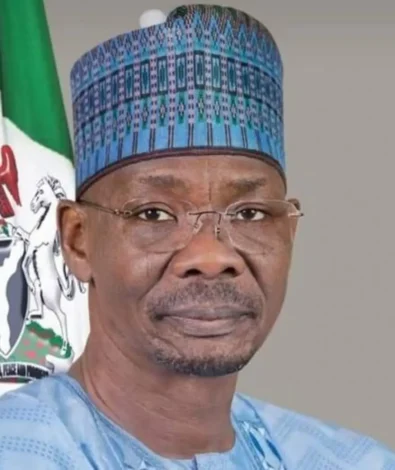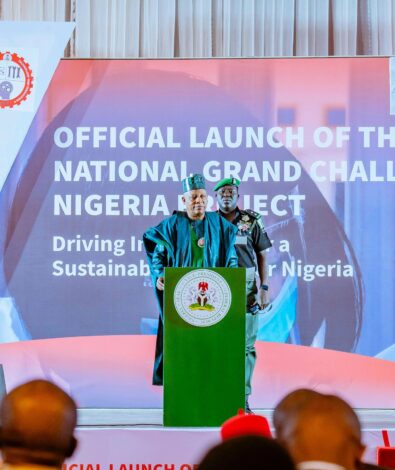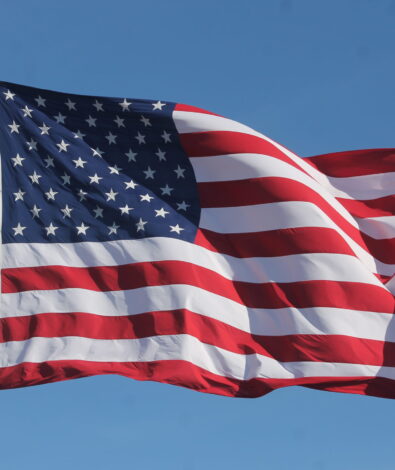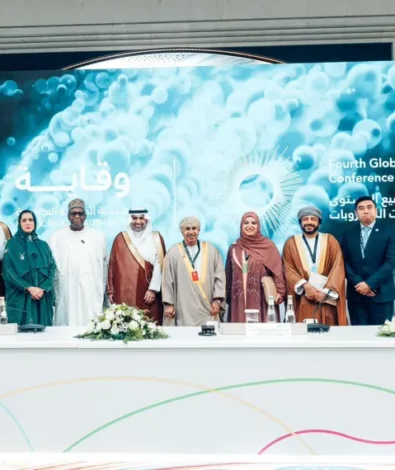World Bank approves $500M grant for Nigeria’s post-COVID recovery

The World Bank has approved a $500 million grant to support Nigeria’s recovery efforts from the economic impact of the COVID-19 pandemic.
This funding will be channeled through the Nigeria Community Action for Resilience and Economic Stimulus (NG-CARES) programme, which was launched in 2021 to assist vulnerable households and micro, and small enterprises (MSEs) affected by the crisis.
The World Bank Task Team Leader for NG-CARES, Dr. Lire Ersado, disclosed the development during a two-day Peer Learning and Experience Sharing meeting held in Port Harcourt.
The meeting, organised by the Federal Cares Support Unit under the Ministry of Budget and Economic Planning, focused on enhancing the programme’s reach and impact.
According to Dr. Ersado, who was represented by Prof. Foluso Okumadewa, “the World Bank remains committed to supporting NG-CARES over the next three years.”
He highlighted that the grant would further support Nigeria’s broader economic recovery initiatives, with the potential for extended funding based on government backing.
“The NG-CARES programme aims to promote economic resilience and provide stimulus to communities impacted by the COVID-19 pandemic,” said Dr. Ersado.
Programme impact and achievements
The NG-CARES programme aims to strengthen economic resilience and provide financial stimulus to communities severely impacted by the pandemic.
- Dr. Abdulkareem Obaje, the National Coordinator of NG-CARES, emphasized the programme’s success in supporting vulnerable populations across Nigeria.
- “To date, NG-CARES has spent approximately $750 million in direct aid, with $625 million already disbursed to states, representing an impressive 88% of total allocations. This reimbursement model, based on completed projects, has been praised for its efficiency, delivering essential support in a timely manner.
- “The shock response mechanism of NG-CARES has proven highly effective,” said Obaje, noting that the programme has exceeded its initial targets by over 30%,” he said.
Obaje revealed that $345 million had already been reimbursed to states, translating into $834 million in verified outcomes.
The National Coordinator of NG-CARES, also confirmed that an additional $50 million would be disbursed before the end of the year, bringing the total potential impact of the programme to nearly $1 billion, pending the results of the fourth Independent Verification Agent assessments.
Collaborative approach to success
The Director-General of the Nigerian Governors Forum (NGF), Alhaji Abdulateef Shittu, highlighted the critical role of peer learning and knowledge-sharing in ensuring the success of NG-CARES.
- He praised the states for their active participation and collaboration, which has allowed them to overcome challenges and adopt best practices for the programme’s implementation.
- “The NGF is committed to supporting all states in benefiting from NG-CARES, ensuring that the programme’s impact is felt across Nigeria,” Shittu stated.
What you should know
⦁ As Nigeria continues to navigate its post-pandemic recovery, the $500 million grant from the World Bank signals a significant investment in rebuilding the nation’s economy and supporting those most affected by the crisis.
⦁ The sustainability of such programmes, however, remains contingent on Nigeria’s ability to institutionalise these initiatives for long-term resilience.



